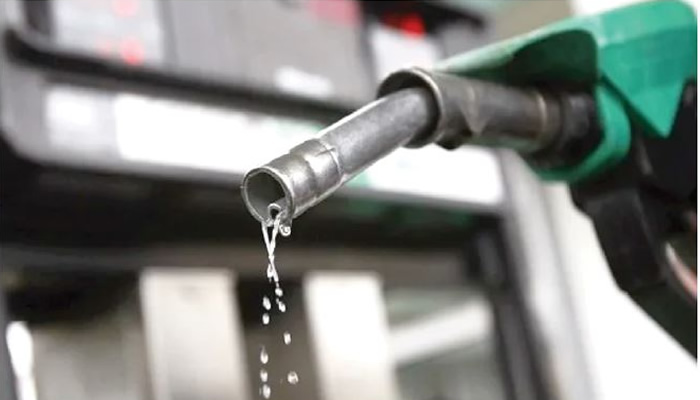Oil marketers have raised concerns over the rising cost of fuel imports, which have reached N6 trillion in just five months. The increasing expenditure on petroleum product imports has sparked fears about the long-term sustainability of Nigeria’s fuel supply chain and the impact on the economy.
Industry experts warn that the heavy reliance on imports, coupled with fluctuating global crude prices, is placing immense pressure on foreign exchange reserves. With the naira struggling against the dollar, the cost of importing refined petroleum products has surged, making it more difficult for marketers to maintain stable supply and pricing. Many fear that without urgent interventions, the rising import bill could lead to fuel scarcity and further inflationary pressures on consumers.

One of the major concerns among marketers is the lack of domestic refining capacity. Despite efforts to revive local refineries and encourage private-sector investment in refining, Nigeria remains dependent on imported petroleum products. The long-awaited Dangote Refinery, expected to reduce reliance on imports, is yet to operate at full capacity, leaving the country exposed to external market forces.
In addition to the financial burden, marketers highlight logistical and regulatory challenges affecting fuel importation. Delays in foreign exchange allocation, port congestion, and bureaucratic bottlenecks continue to slow down the supply chain, further complicating efforts to stabilize the market. Some stakeholders argue that without a clear policy direction from the government, private-sector players may struggle to keep up with the rising costs, potentially leading to fuel shortages.
Government officials, however, have reassured the public that steps are being taken to address the situation. The Nigerian National Petroleum Company (NNPC) has reaffirmed its commitment to ensuring steady fuel supply, while regulatory agencies continue to explore ways to reduce import dependency. There have also been renewed discussions about refining capacity expansion, subsidy removal policies, and exchange rate stability to mitigate the effects of the import bill.
Despite these assurances, oil marketers remain skeptical, emphasizing that without immediate action, Nigeria’s fuel supply chain could face severe disruptions. They urge the government to accelerate refinery rehabilitation efforts, streamline importation processes, and implement policies that encourage local refining. As fuel prices remain a key determinant of economic stability, stakeholders stress the need for urgent and decisive measures to prevent further strain on consumers and businesses.
Support InfoStride News' Credible Journalism: Only credible journalism can guarantee a fair, accountable and transparent society, including democracy and government. It involves a lot of efforts and money. We need your support. Click here to Donate
